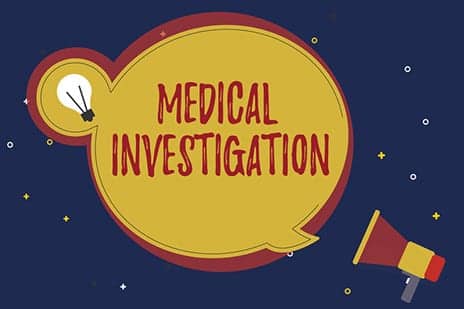A study published recently in Lasers in Surgery and Medicine (LSM) suggests the importance of clinical trials that investigate the efficacy and safety profile of laser and energy-based devices marketed for vaginal rejuvenation.
LSM is the official journal of the American Society for Laser Medicine and Surgery Inc (ASLMS).
Each year, the FDA receives medical device reports that describe device-associated injuries through the publicly available Manufacturer and User Facility Device Experience (MAUDE) database. The FDA uses these reports to identify potential safety issues as a result of device use.
The study, led by Jusleen Ahluwalia, MD, is designed to summarize adverse events related to procedures involving “vaginal rejuvenation” within the MAUDE database. It identified a total of 45 distinct events describing 46 patients as of January 2019, a media release from ASLMS explains.
“After the FDA issued a statement in July 2018, there was significant concern over the marketing of lasers and energy-based devices to promote ‘vaginal rejuvenation.’ In their statement, the FDA mentioned that they found numerous cases of adverse events based on reports and published literature,” Ahluwalia says, in the release.
“Our study is important because it is the first assessment of adverse events related to procedures marketed for ‘vaginal rejuvenation’ within the FDA-maintained registry.”
Based on the adverse event reports, “vaginal rejuvenation” has been used for management of lichen sclerosis, vaginal dilation in a patient with Müllerian agenesis, vulvar or urethral pain, dyspareunia, urinary incontinence, and vaginal atrophy. The most commonly reported adverse event related to the procedure was pain (vaginal, bladder, urethral, or unspecified), followed by burning or numbness.
The majority of patients sought medical care for their injuries, which included long-term pain, numbness, burning, bladder disturbances, infections, scarring, dyspareunia, worsening symptoms, aggravation of lichen sclerosis, and disfigurement, the release continues.
“Currently, this study is the largest summary that describes adverse events related to this procedure, although its source is subject to verification bias. These events signify the importance of clinical trials that investigate the efficacy and safety profile of laser and energy-based devices for optimization of sexual function and treatment of genitourinary syndrome of menopause (GSM)-related symptoms,” Ahluwalia continues.
”In the near future, data?driven protocols with laser and energy?based alternatives will become available for treatment of GSM?related symptoms, lichen sclerosis, pelvic floor dysfunction, among other indications, and will improve the quality of life for patients suffering from chronic disease.”
[Source: American Society for Laser Medicine and Surgery Inc]



